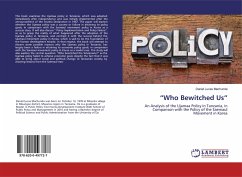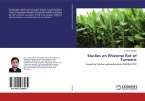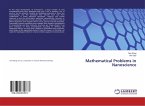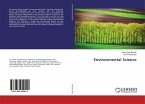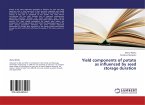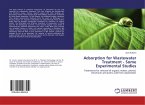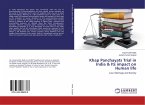This book examines the Ujamaa policy in Tanzania, which was adopted immediately after independence and was initially implemented after the announcement of the Arusha Declaration in 1967. The paper will explore whether the Ujamaa policy was a success or failure in attaining its policy goals, in comparison with the Saemaul movement policy in Korea as a success story. It will also discuss ¿ Policy Implementation and Policy Failure¿, so as to grasp the reality of what happened after the adoption of the Ujamaa policy in Tanzania, and contrast it with the success behind the Saemaul movement policy in Korea, which is said to be the foundation of the Korean development miracle. In that respect, the book will attempt to discern some possible reasons why the Ujamaa policy in Tanzania, has largely been a failure in attaining its economic policy goals, in comparison with the Saemaul movement policy in Korea as a model case. The study will also explore the central question: ¿Who bewitched the Tanzanians?¿ as the Ujamaa policy failed to achieve economic goals despite the fact that it was able to bring about social and political change to Tanzanian society, by drawing lessons from the Saemaul mov

